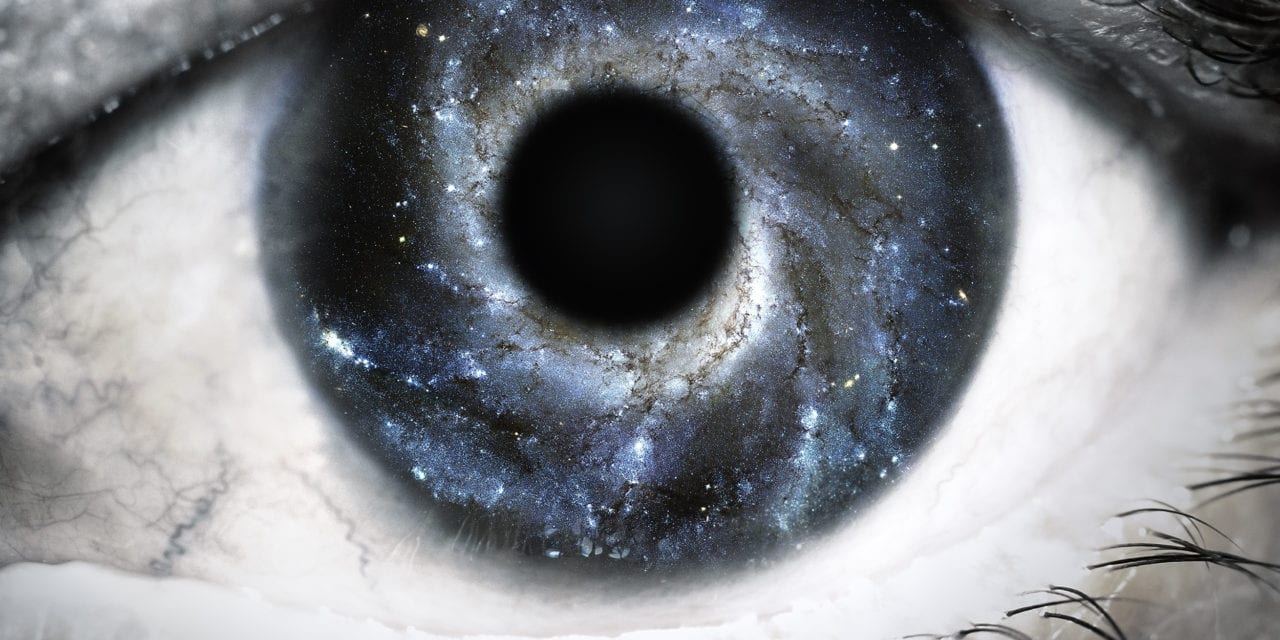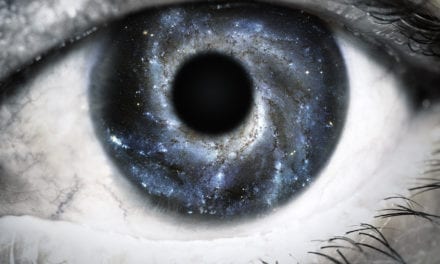Dean Radin just recommended (on Twitter) this new (in progress) reference tool: The PSI Encyclopedia. The “Learn More / About” page reads, in part:
‘Psi’ is the modern collective term for the psychic functions of telepathy, clairvoyance, precognition and psychokinesis. Psi phenomena were studied by Fellows of the Royal Society, among others, in the late seventeenth century, and were noted in the late eighteenth century in relation to hypnosis. In the second half of the nineteenth century, scientists such as Robert Hare, William Crookes and Johann Zöllner began to uncover more evidence in their experiments with séance mediums. Systematic study began in 1882 with the founding in London of the Society for Psychical Research, which, besides investigating the claims of spirit mediums, carried out surveys of ‘spontaneous’ phenomena – experiences of telepathic connections, ghosts, apparitions and poltergeists, precognitive dreams and the like – and conducted the first formal experiments. . . .
The Psi Encyclopedia is being created by the Society for Psychical Research, funded by a bequest, to provide a more informative view of psi research (also referred to as ‘psychical research’ and ‘parapsychology’), one that reflects the findings of experimenters and investigators. The project began in 2014 and at its launch in September 2016 offered some 110 entries written by around thirty authors and experts. Readers are asked to bear in mind that this is a work in progress, a multi-year project that will see numerous additions, changes and improvements (see below).
Types of entry include:
- overview articles about generic topics (eg experimental parapsychology, mediumship research, near-death experiences)
- articles that explore aspects of those topics, key researchers, etc.
- case studies of key experiments and investigations (children who remembered a past life, poltergeist disturbances, mediumship episodes, etc)
- lists (people, events, experiments)
Some case studies include pdf versions of the original research report from which they are drawn, giving readers the opportunity to understand the researchers’ methods and reasoning in greater detail.
Sounds like a good resource. We may even find some peer-reviewed material for the PEERANORMAL podcast.






Have you also read these just released books: https://lareviewofbooks.org/article/the-real-science-behind-paranormal-phenomena/#! ?
(Apologies– I realise my first two comments on your blog are just book recommendations!)
On another note, I just read through Unseen and really enjoyed and profited from it. We’ve just had a sermon on Genesis 6 at my church, and I am passing your book onto the preacher.
have not.